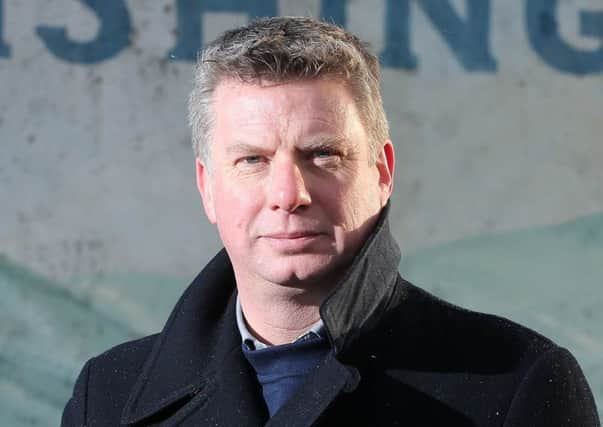NI fishermen in '˜good position' after EU deal on Irish Sea catch quotas


Alan McCulla OBE, chief executive of the Kilkeel-based Anglo-North Irish Fish Producers Organisation/Sea Source, which represents about 50 trawler owners locally and many others around the world, said the agreements reached at the EU’s December Fisheries Council meeting offered “some positives and some negatives” for the Irish Sea.
The two-day meeting, which finished in the early hours of Wednesday morning, was described by the Department of Agriculture Environment and Rural Affairs (DAERA) as “one of the most difficult councils in recent years”.
Advertisement
Hide AdAdvertisement
Hide AdSpeaking after the 2019 quotas were agreed, a DAERA spokesperson said: “It was vitally important to ensure that sufficient quota was obtained for all Irish Sea fish species to enable them to land all the fish they catch from 1st January 2019, particularly whiting, which is caught as a by-catch in the prawn fishery.
“The commission initially proposed an Irish Sea whiting quota of 612 tonnes. This was successfully negotiated up by 19% to 727 tonnes. The commission has also agreed to carry out a further review of the quota in the new year. In the meantime, the fishing fleet will continue to do its best to avoid whiting by deploying the best available selective fishing gear.”
Under the deal, the prawn quota has been reduced by 32% in order to stay within sustainable levels. The herring quota is down 2%, but quotas for cod, haddock, plaice and sole have all increased.
A government spokesperson said the deal “ensures that there are now workable solutions to alleviate the pressure for fishermen while preventing fish from being wastefully discarded unnecessarily”.
Advertisement
Hide AdAdvertisement
Hide AdThe DAERA spokesperson stressed that since 2013 the Northern Ireland fishing fleet, working with fisheries scientists in AFBI, has made major efforts and achieved significant reductions in unwanted catches.
Reacting to the agreements reached, Mr McCulla said: “For the Irish Sea there are some positives and some negatives. All Irish Sea fish stocks are managed to international criteria – Maximum Sustainable Yield. So overall what is a sustainable deal puts Northern Ireland’s fishermen in a good starting position for the next phase in our relationship with the EU.”